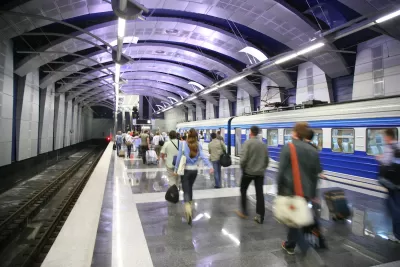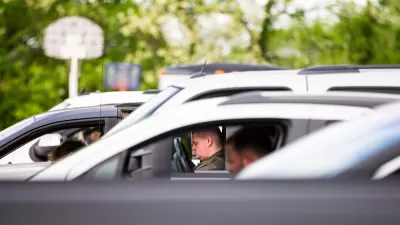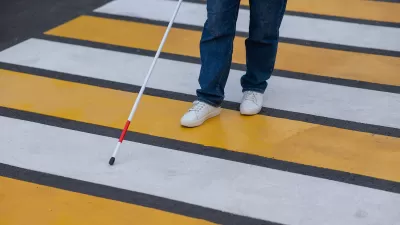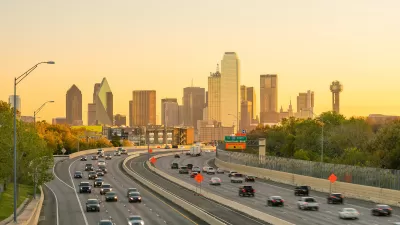Robust, efficient transit networks can have an outsized impact on vehicle miles traveled, even by non-transit users.

A new study from the University of Utah and MIT highlights the positive impacts of effective transit systems on land use and travel behavior across the larger population, not just transit users.
In fact, the indirect impacts of increased public transit and pedestrian infrastructure can be greater than the direct impacts. “For every mile not driven by transit riders, transit accounts for another six to nine miles not driven among the larger population.”
According to an article by Chris McCahill in State Smart Transportation Initiative, “The study looked at how factors like transit access, household makeup and income, and fuel prices influence transit use and vehicle miles of travel (VMT).” The study reveals how the ripple effects of transit can have positive impacts far beyond its users by creating a built environment more friendly to multimodal transportation.
FULL STORY: The benefits of transit extend well beyond transit riders

Maui's Vacation Rental Debate Turns Ugly
Verbal attacks, misinformation campaigns and fistfights plague a high-stakes debate to convert thousands of vacation rentals into long-term housing.

Planetizen Federal Action Tracker
A weekly monitor of how Trump’s orders and actions are impacting planners and planning in America.

Chicago’s Ghost Rails
Just beneath the surface of the modern city lie the remnants of its expansive early 20th-century streetcar system.

Bend, Oregon Zoning Reforms Prioritize Small-Scale Housing
The city altered its zoning code to allow multi-family housing and eliminated parking mandates citywide.

Amtrak Cutting Jobs, Funding to High-Speed Rail
The agency plans to cut 10 percent of its workforce and has confirmed it will not fund new high-speed rail projects.

LA Denies Basic Services to Unhoused Residents
The city has repeatedly failed to respond to requests for trash pickup at encampment sites, and eliminated a program that provided mobile showers and toilets.
Urban Design for Planners 1: Software Tools
This six-course series explores essential urban design concepts using open source software and equips planners with the tools they need to participate fully in the urban design process.
Planning for Universal Design
Learn the tools for implementing Universal Design in planning regulations.
planning NEXT
Appalachian Highlands Housing Partners
Mpact (founded as Rail~Volution)
City of Camden Redevelopment Agency
City of Astoria
City of Portland
City of Laramie





























